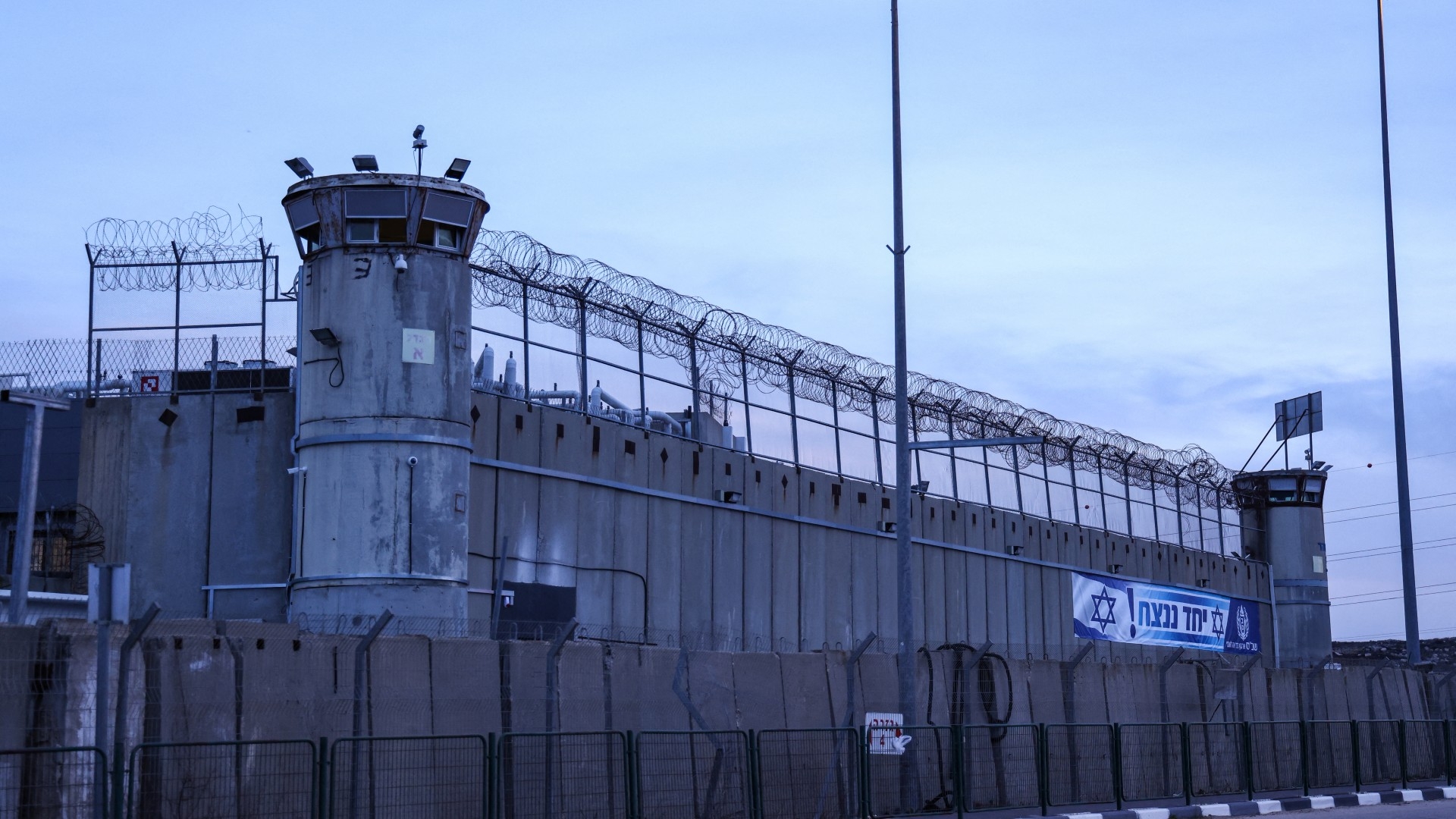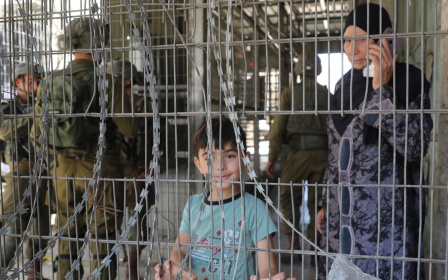Israel: Palestinian prisoners suffer from scabies outbreak amid dire conditions

An investigation by the Israeli newspaper Haaretz has revealed that a quarter of Palestinian prisoners in Israeli prisons have been infected with scabies in recent months.
The findings contained in the report, which cited prison officials, were the result of a petition filed by human rights organisations.
Israel's Supreme Court is set to discuss the conditions under which Palestinian prisoners are being held amidst accusations that prison administrators are not doing enough to prevent the spread of disease, provide adequate healthcare and deal with overcrowding.
Palestinians held by Israel say that their treatment is deliberate rather than the result of neglect.
One prisoner quoted by Haaretz said: “When we asked for treatment, they told us that we are terrorists and must die."
New MEE newsletter: Jerusalem Dispatch
Sign up to get the latest insights and analysis on Israel-Palestine, alongside Turkey Unpacked and other MEE newsletters
Those in Israeli prisons include children like Iyad Idais, who is 15 and is suffering from scabies, as well as ulcers and boils covering his body.
Scabies is caused by mites, which burrow under the skin and lay eggs, which causes rashes, irritation and further complications in those suffering from the illness.
'He was very thin and covered in bloody, festering blisters. We didn’t recognise him at first, but then we realized that he had returned from the dead'
- father of ex-detainee Iyad Idais, 15
Iyad's father, Ashraf, told Middle East Eye that his son was arrested last March and released on 14 October.
“He was very thin and covered in bloody, festering blisters. We didn’t recognise him at first, but then we realised that he had returned from the dead,” Ashraf said.
Iyad was held in the children's section of Megiddo Prison, where in June he became infected with scabies, which he believes was the result of overcrowding and poor sanitation.
The teenager told his family that irritation from scabies infection was so severe that some prisoners were breaking tiles to relieve themselves by scratching.
Even a month after his release, Iyad continues to suffer from the effects of his illness, which has resulted in further psychological trauma.
"My son was cheerful and loved life, but now I see him depressed and isolated and doesn’t want to talk,” his father said.
Intentional spread
According to Haaretz, several meetings with lawyers for prisoners in Nafha and Remon prisons were postponed due to the outbreak of scabies, and many court sessions were postponed.
The Israeli Prisons Administration said in response to the petition that there are currently a total of 1,704 prisoners infected with scabies.
Rights group Physicians for Human Rights said that prisoners are deprived of washing machines in detention, and that they were not given enough clothes.
Ameena Altaweel, a researcher at the Palestine Center for Prisoner Studies, told MEE that Palestinian human rights institutions have persistently raised the alarm about disease in prisons.
Altaweel said overcrowding was the main reason for the spread of disease, as well as Israeli measures she argues were deliberately employed to inflict suffering, such as not isolating prisoners once infection is detected and not providing treatment.
“There are many prisoners in one room who are forced to sleep on the floor due to overcrowding," Altaweel said.
"The infected isolate themselves in the same room in an attempt to contain the disease, but it spreads anyway due to the lack of space,” she added.
Middle East Eye delivers independent and unrivalled coverage and analysis of the Middle East, North Africa and beyond. To learn more about republishing this content and the associated fees, please fill out this form. More about MEE can be found here.





